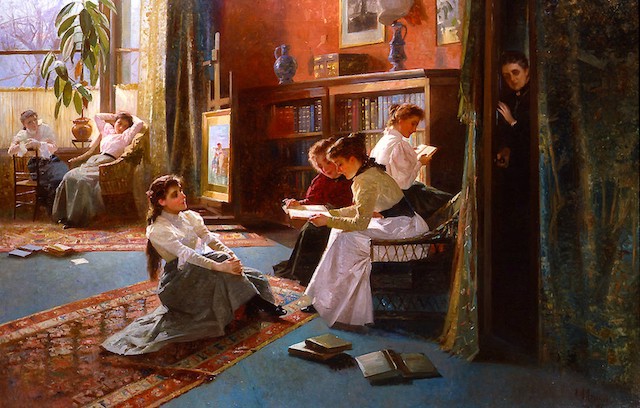Job Offers
We try to keep our page with job advertisements in philosophy (primarily but not exclusively in Switzerland) up to date. We are very grateful for any tips!!!
Click here to get to the respective sub-sections:
Contributions
Coerced to eat unhealthy

Read the new article that was created as part of the "Food and Philosophy" project. We would like to draw attention to an important issue: the near impossibility for people affected by poverty to maintain a healthy diet. And we kindly ask whether you might consider making a small donation to help provide these people with access to healthy food!
(text in german)
Philosophy of AI and the Role of Digital Design
This blog post originally appeared with ETH’s think-and-do tank RETHINK in September 2020. Its projects on AI and digital design have now been completed, but he blog post ist still of interest.

QS ranking of philosophy departments
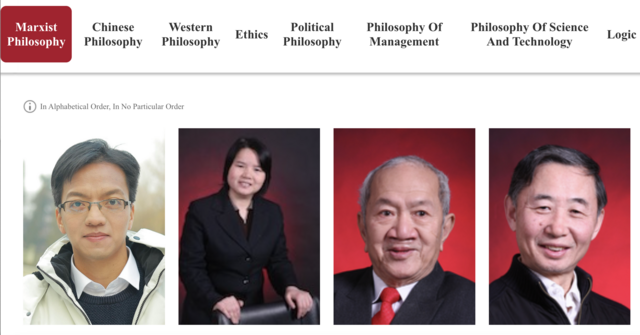
A global university ranking, sponsored by Elsevier with some quite surprising "results". Read Philipp Blum's take on the QS ranking!
whether we should decide to think he's a fascist.

The Social Destiny of Reason in the "Absolute Pragmatism" of Josiah Royce Interpreter of Hegel

This is a paper by Riccardo Roni, a researcher at the University of Florence. The paper explores the original historical problem of Hegel’s presence in Royce’s thinking. Here's the paper!
The essay explores the ethical relationships between people, with a focus on vulnerability and dependence. Jørgen Meyer uses Judith Butler's "Precarious Life – The Powers of Mourning and Justice" as a framework to discuss how address, discourse, and grief are key concepts in this discussion. Recognizing vulnerability and dependence as integral components of ethical relationships can have significant implications for our understanding thereof.

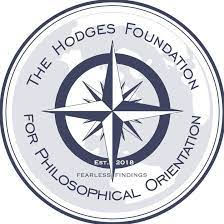
The philosophy of orientation, as Werner Stegmaier has developed it over several decades, instead observes and reflects how different philosophies orient themselves from different standpoints, in different perspectives, and within different horizons.
The confrontation of opposing worldviews often leads to conflict, but what happens when even the basic assumptions are disputed? Digital phenomena like "shitstorms" show how shared reality becomes a battlefield of irreconcilability. Alex Byrne shares his personal experiences with "social media outrage" and "virtue signalling".

Contests
Impersonate
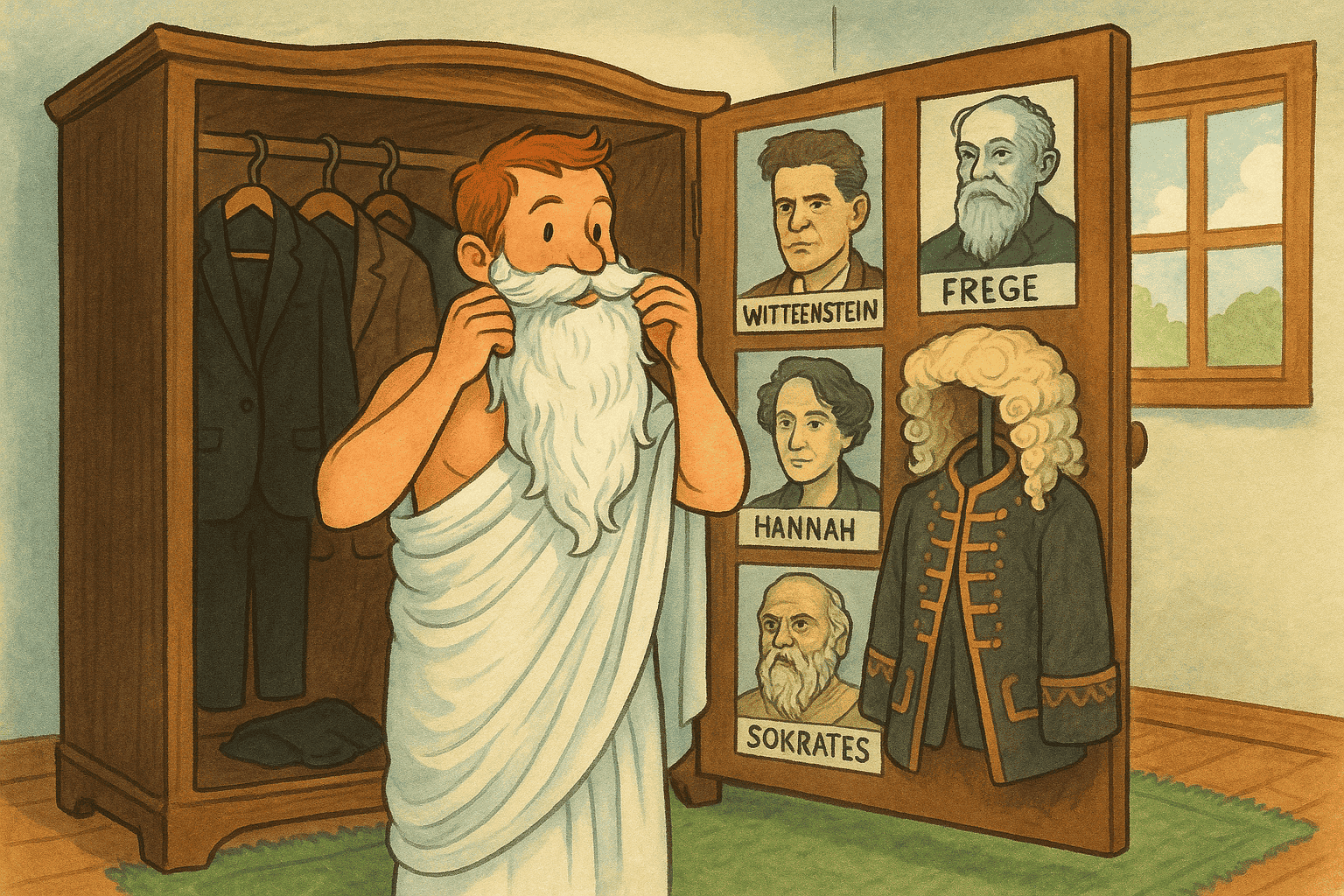
Ever wanted to write like your favorite philosopher? Now you can! Take the roll of your favorite dead philosopher and win the competition!
Deadline: 30.08.2025
Your Philosophical Question (MA)
Writing Contest for MA students: Deadline 28.6.25.
What philosophical question is burning in your mind? What topic won’t let you go, wakes you from your dreams, occupies your thoughts on the tram and in the bathtub? Tell us about it and win 100 Swiss Francs in our new essay competition!
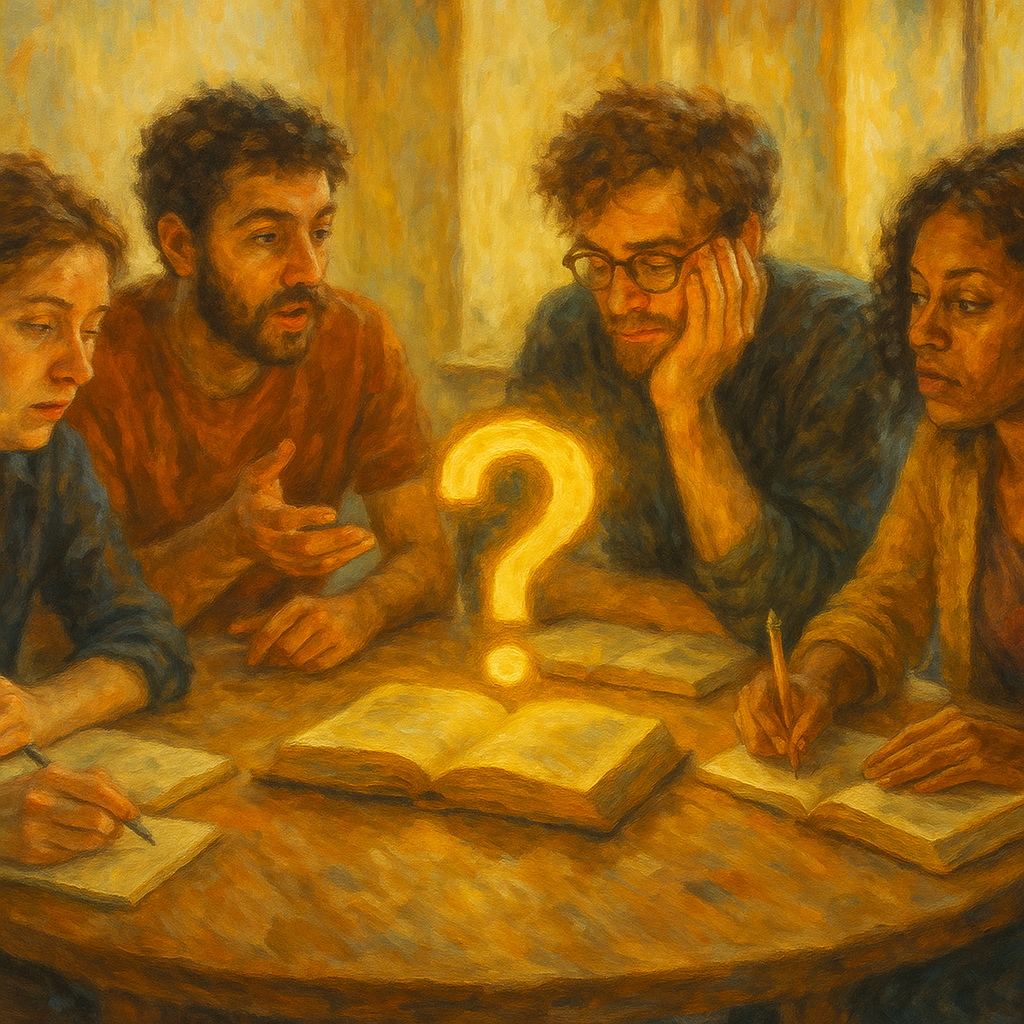
Your Philosophical Question (BA)

Writing Contest for BA students: Deadline 28.6.25.
What philosophical question is burning in your mind? What topic won’t let you go, wakes you from your dreams, occupies your thoughts on the tram and in the bathtub? Tell us about it and win 100 Swiss Francs in our new essay competition!
GAP Essay Award 2025
The GAP-Essay Award 2025 launched! The question:
How does hope matter for our actions?
Deadline: 31.10.2025. Hand in your answer!
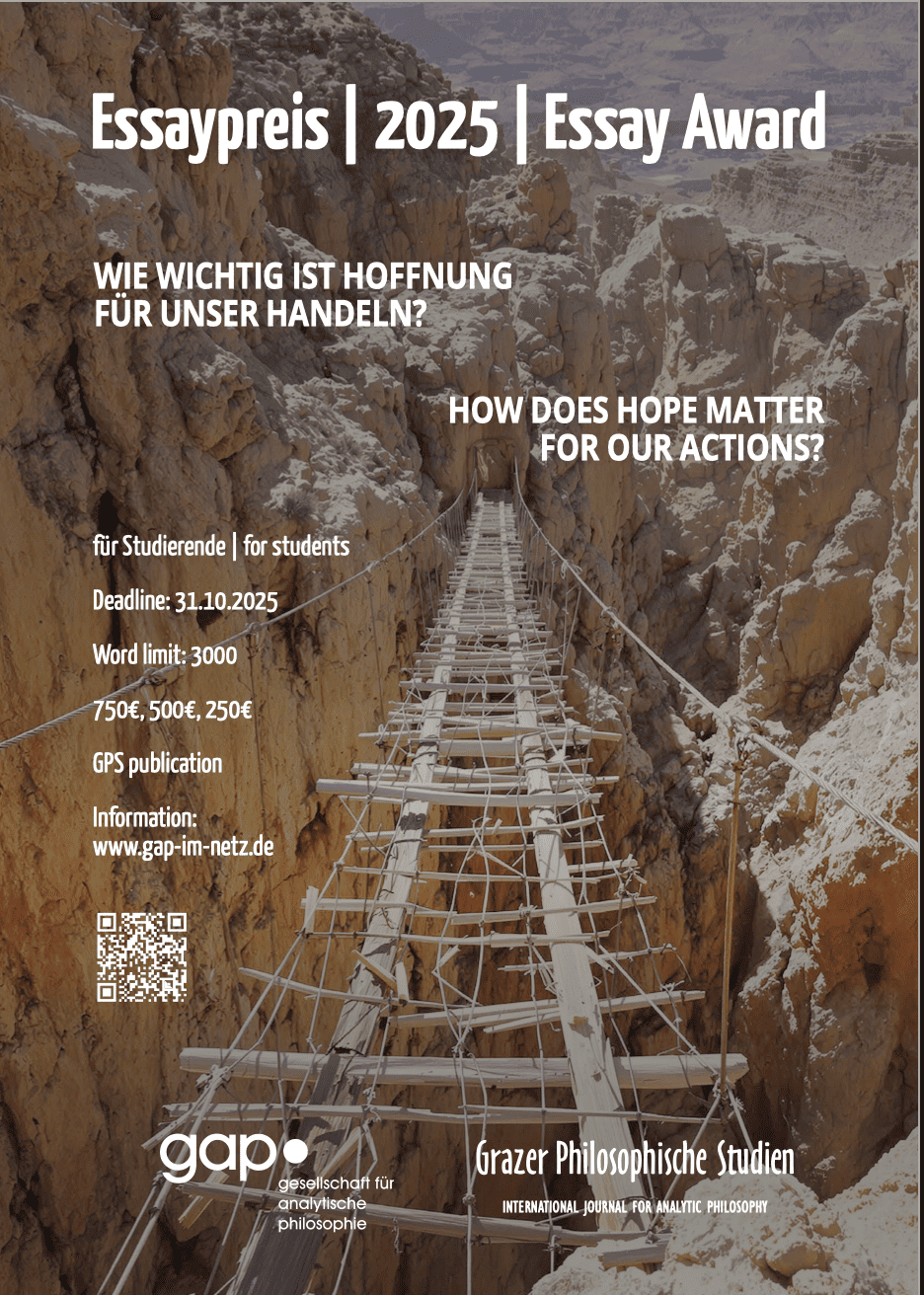
Projects and Thematic Features
Philosophical Questions

At the Gurzelen site, where the philosophy portal is based, an initiative by "ici. gemeinsam hier" will take place in summer 2025: trees will be planted and benches will be built on the site.
But these benches are not just for sitting — they’re meant to inspire thinking! We’re looking for thoughtful questions that could be placed on the benches – and have even launched writing competitions for this purpose. Learn more here!
(page is in german)
Lit-Philo
A project (in german) in which Philosophy and Literature merge – the result: texts that combine both disciplines. The first of these texts can be found here (also in german)

Philosophy and Food

What does food (or eating it) have in common with philosophy? A new project in cooperation with Stadt Ernähren! This project is in german.
The philosophy portal offers an archive where you can safeguard your drafts, teaching materials, handouts, and powerpoints from being plagiarized. Additionally, it allows you to share them freely under a Creative Commons license. You can easily submit your material by sending it to info@philosophie.ch.
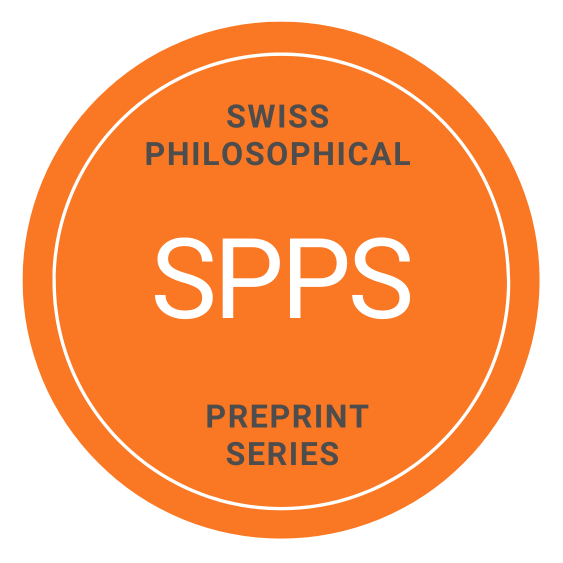
Press Review

In addition to philpublica's excellent press review, a record and discussion of substantial reports in the Swiss media on philosophy or philosophers will be available on the platform. This concerns both print and online press, radio and television.
We care not only about the philosophy, but also about the wider environment in which it takes place. This gives a voice to those who are not heard.

Book reviews and notes

